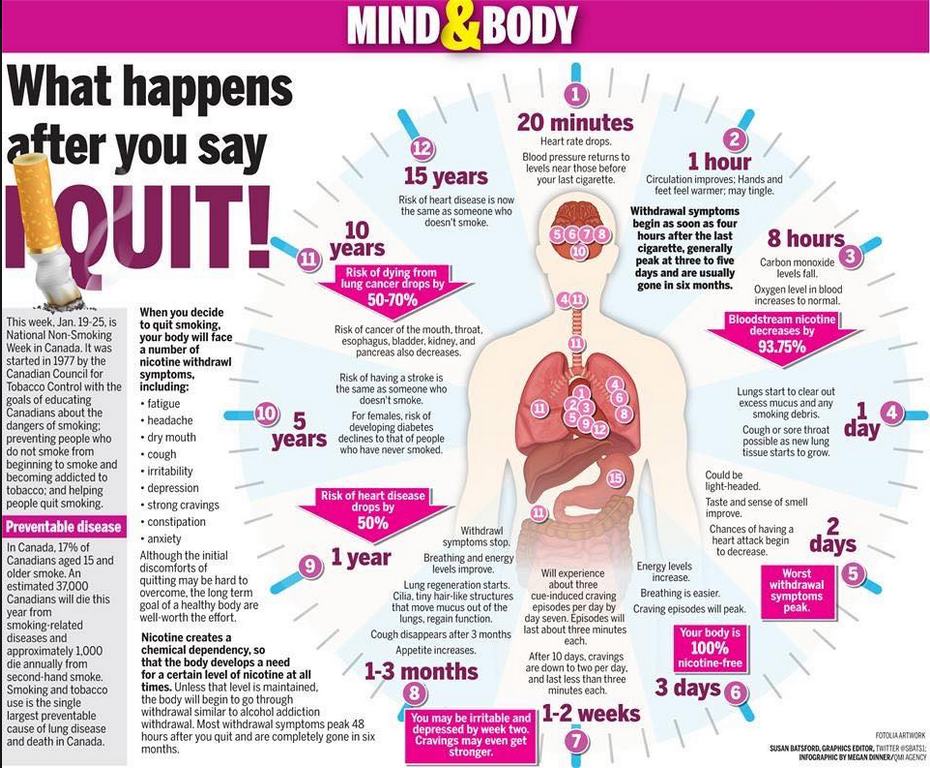Alcohol is so renowned for making people sleepy that many people drink it intentionally as a sleep aid known as a nightcap. Others, who drink alcohol, then drive, thinking it won’t affect their focus or judgment, often find themselves falling asleep at the wheel. Drowsy driving is dangerous for you and everyone else on the road, and alcohol only makes it more so.
In some cases, alcohol can start off making you sleepy, then wake you from a sound slumber. While most people know alcohol can make you sleepy, few know why or understand the effects of this phenomenon on your health and wellness.
As noted by the Centers for Disease Control and Prevention (CDC), sleep-related problems affect a third of Americans. Since alcohol plays a role in sleep disturbances and disorders, treating Americans with alcohol problems can also help reduce their sleep-related problems.
Researchers have studied the effects of alcohol on sleep as far back as the late 1930s. The body of research on the topic since that time includes multiple studies on the effects of alcohol on how healthy people sleep. Results of these studies have included findings such as these:
• In people who drink alcohol only occasionally, both high and low doses of alcohol can improve sleep at first. High doses, however, can cause sleep disturbances later in the sleep cycle.
• Alcohol worsens the daytime sleepiness caused by other issues like sleep restriction and sleep deprivation.
Alcohol is considered a depressant and has a direct effect on the central nervous system. Once alcohol enters the bloodstream, it circulates to the brain, where it proceeds to slow down the firing of neurons. When neuronal firings decrease at a normal rate, it can result in relaxation, fatigue, and sleepiness. When they decrease at an accelerated or extreme rate, it can lead to a coma.
It can be hard for people to realize the negative effects alcohol is having on them because of their preoccupation with the positive ones, like the feelings of relaxation and euphoria they associate with it.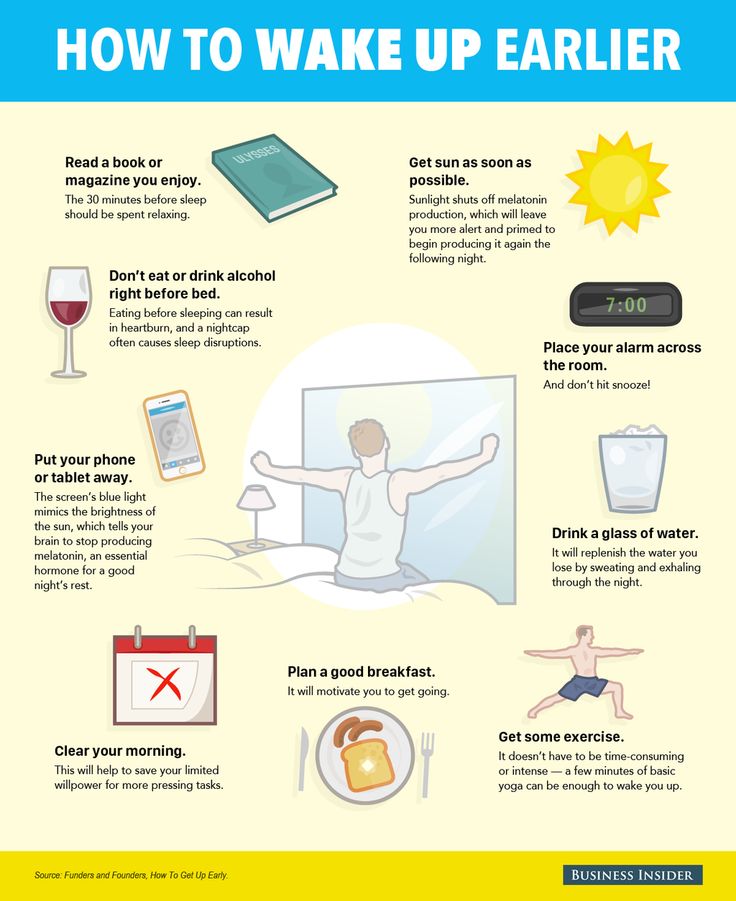 This is because alcohol has a biphasic effect on arousal and sleep. An agent with a biphasic effect first has one effect, and then, after a time, switches to a different one. Alcohol first has an arousal effect, specifically when levels are at low doses or still rising. Then, when levels are higher or starting to drop, it shifts to producing a sleepy effect.
This is because alcohol has a biphasic effect on arousal and sleep. An agent with a biphasic effect first has one effect, and then, after a time, switches to a different one. Alcohol first has an arousal effect, specifically when levels are at low doses or still rising. Then, when levels are higher or starting to drop, it shifts to producing a sleepy effect.
REM sleep is the most restful and restorative stage of slumber. It is not, however, the deepest stage of sleep. Drinking alcohol too close to bedtime can interfere with the amount, duration, or consistency of the REM sleep you achieve in any given night. It can cause you to spend too much time in the lightest or deepest stages of sleep or flit between the two without spending enough time in the restful, restorative REM state your body most needs to achieve homeostasis. This state of equilibrium is often called “resetting the body clock.”
The effects of disrupted REM sleep include:
• Disrupted functioning of circadian rhythms
• Less restorative sleep
• Dehydration and more frequent waking to void the bladder
• Increased sleepwalking and sleep-eating
• Increased snoring, sleep apnea and other sleep-disordered breathing activity
• Increased propensity for vivid dreams and nightmares or night terrors, particularly during the second half of the night as more alcohol exits the system
• Tiredness, trouble concentrating, and irritability the following day
Alcohol, even in moderate amounts, can produce these effects.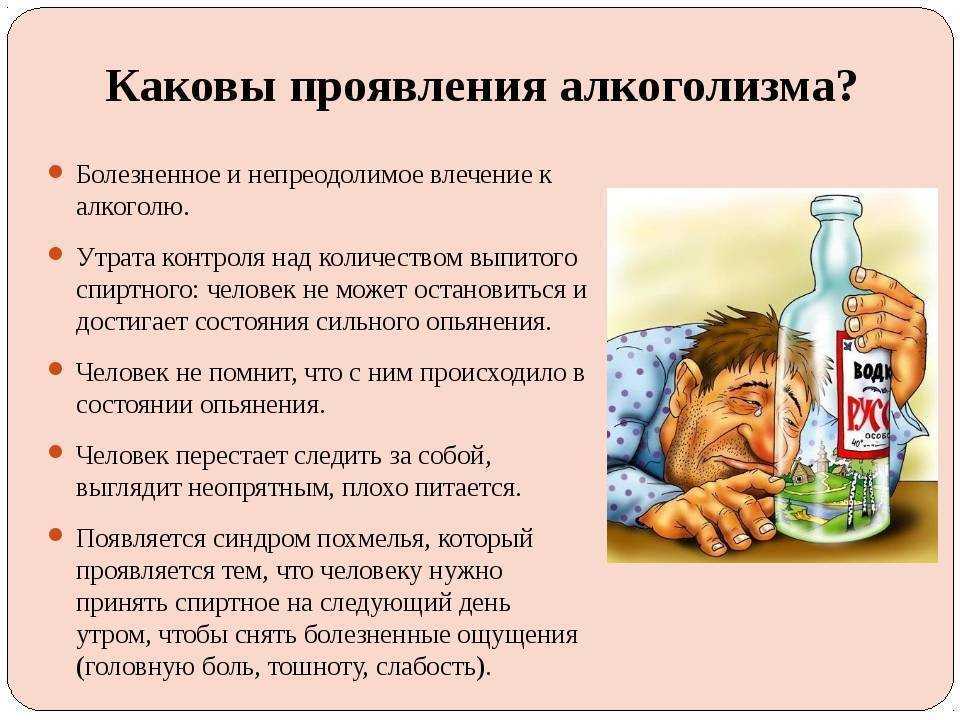 The more alcohol you drink before bedtime and the closer to bedtime you drink it, the more it will impair your sleep.
The more alcohol you drink before bedtime and the closer to bedtime you drink it, the more it will impair your sleep.
Excessive drinking that leads a person to black out (lose memory) or pass out (lose consciousness) can disrupt sleep severely and produce these symptoms in the extreme. It can also contribute to worse hangover symptoms the following day.
Alcohol disrupts the length and order of sleep cycle states. It also changes how long it takes to fall asleep and the total duration of sleep. Consuming alcohol can cause sleep disorders, such as:
• Hypersomnia – Excessive daytime sleepiness
• Insomnia – Inability to fall asleep
• Sleep latency – Delayed length of time to fall asleep
• Sleep-disordered breathing – Snoring or sleep apnea
• Sleep disturbances – Disruptions in the cycle or continuity of sleep
Sleep disturbances and sleep disorders have been associated with a number of other disorders, including substance abuse and mental health issues like anxiety, depression, and PTSD.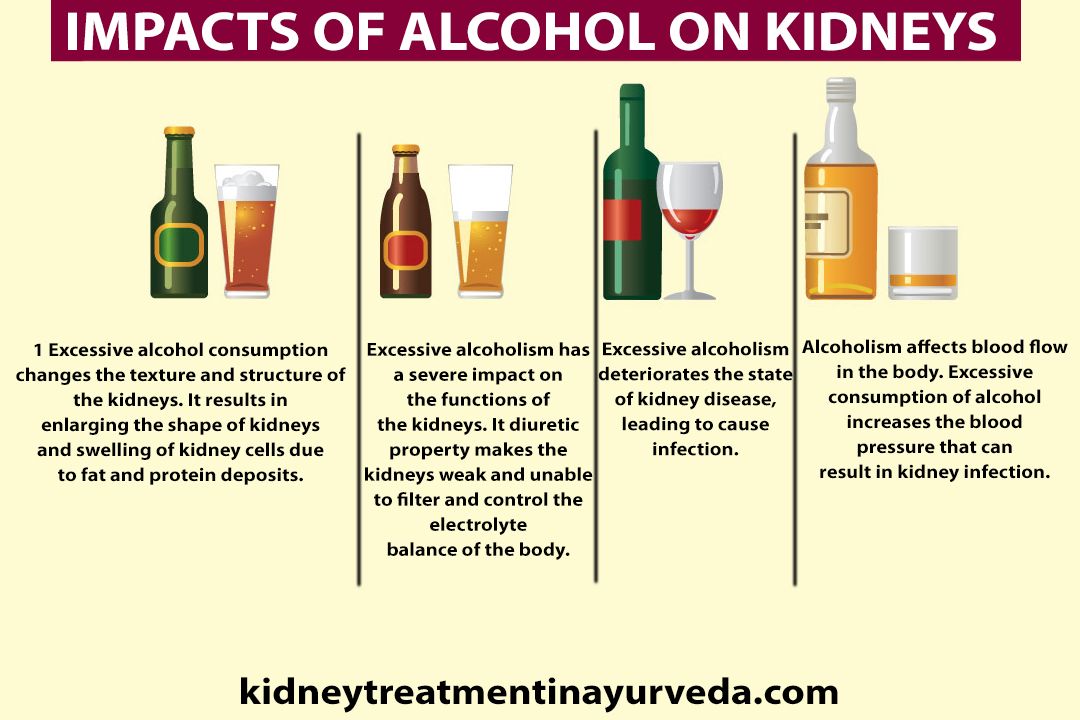 Moreover, researchers have found that this correlation may be bidirectional. This means that just as mental health issues and substance use can cause and contribute to sleep disturbances and sleep disorders, sleep disturbances and sleep disorders can cause or contribute to mental health issues and substance use.
Moreover, researchers have found that this correlation may be bidirectional. This means that just as mental health issues and substance use can cause and contribute to sleep disturbances and sleep disorders, sleep disturbances and sleep disorders can cause or contribute to mental health issues and substance use.
This very realization has given researchers insight into how targeting sleep disorders and disruptions may help to prevent and treat alcohol use disorders.
As noted in the NIAAA study cited earlier, the lower a person’s tolerance, the fewer drinks it will generally take to produce a particular effect. This can lead insomniacs to initially turn to alcohol as a temporary sleep aid. At least 20% of American adults depend on alcohol for help falling asleep, making it the most common sleep aid in the United States. Alcohol’s effects for this purpose tend to wear off quickly, posing the danger of overuse as many people then develop a tolerance for alcohol’s sedative effects.
The higher your alcohol tolerance, the more alcohol it may take before you start to feel sleepy. This can lead to developing an alcohol dependency and excessive use pattern, including during the daytime.
If you have an alcohol intolerance, not only can the smallest amount of alcohol make you feel sleepy, but it can also give you headaches, a stuffy nose, and red facial flushing.
As mentioned earlier, after initially making you sleepy, alcohol can often wake you up later and prevent you from falling back to sleep. You might even find you have trouble falling asleep to begin with after having a few drinks at night.
In both cases, this is because alcohol increases the level of a particular stress hormone in the body that acts as a stimulant. This increases the heart rate, thereby counteracting the depressant effects of the alcohol. As a result, you can have poor-quality sleep and wake up easily. This explains why some people who drink alcohol in order to feel drowsy end up sleeping badly.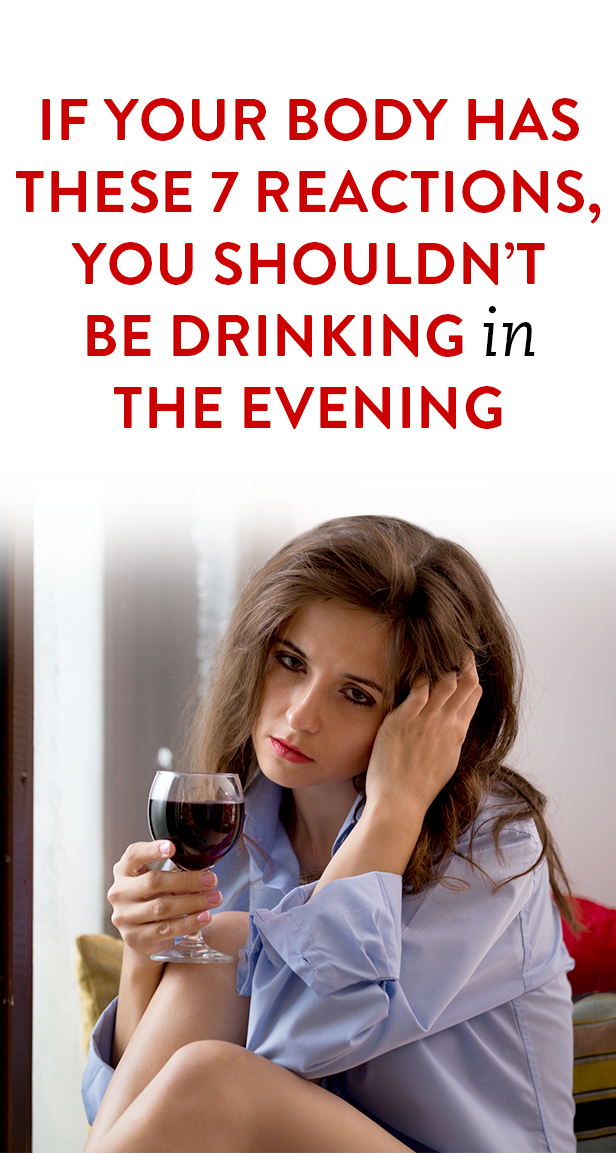
Binge drinking may be linked to sleep disorders. Researchers have found that a single episode of binge drinking could affect a gene involved in sleep regulation that is known as the clock gene or PER2. They note that, after a single night of binge drinking, you could experience symptoms of sleep deprivation. As a result, you might turn to even larger doses of alcohol to get to sleep the following night, producing a potentially endless and perilous cycle. In this way, researchers conclude, sleep disturbances could also contribute to alcohol use disorders.
The effects described so far affect all users of alcohol to some degree. In people with an alcohol use disorder, other factors may also be at work. For people who drink alcohol before bedtime, certain other observations have been made. For instance:
• Elderly drinkers are more at risk of experiencing sleepiness and sleep disturbances from alcohol use than younger drinkers.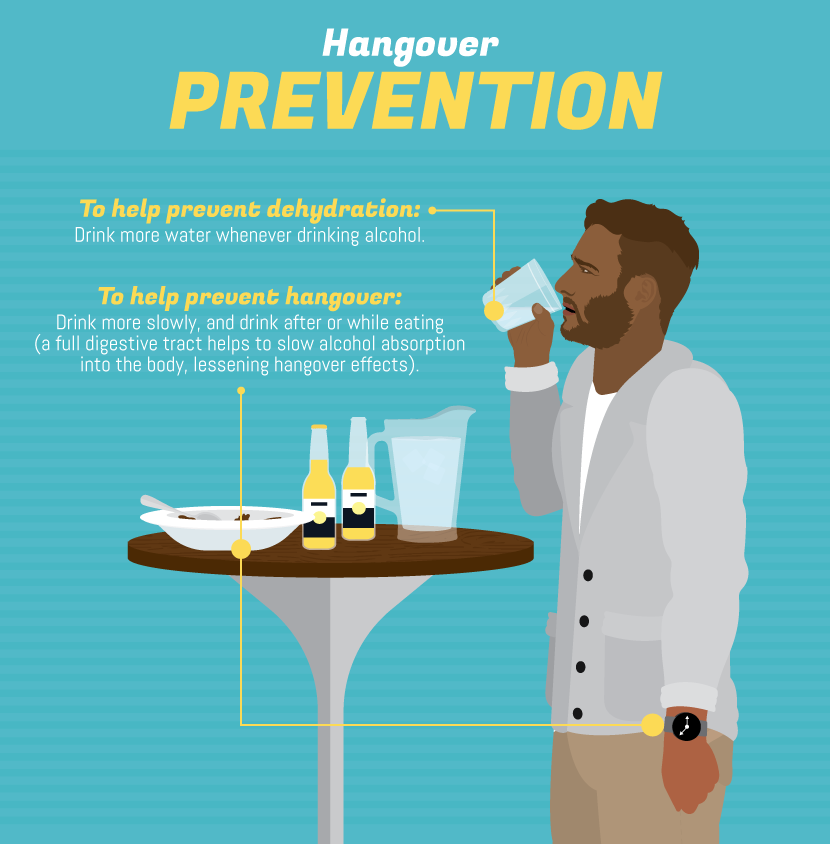
• Pre-bedtime drinking among the elderly can also be associated with an increased risk of unsteadiness and falls when awaking during the night.
• Late afternoon drinking, such as during a traditional happy hour, can cause wakefulness during the second half of that night’s sleep cycle.
• The negative effects of sleep deprivation increase the sedative effects of alcohol consumed thereafter, posing risks of creating a self-perpetuating cycle in situations such as rotating work shifts and frequent world travel.
The primary way to feel less sleepy from drinking alcohol is to closely monitor your alcohol consumption. Drink less alcohol over a given length of time, and stop drinking earlier in the evening to give your body more time to process the alcohol before you go to bed.
The other key way to stop feeling sleepy after drinking alcohol is to drink more water before, during, and after imbibing alcohol. The more alcohol you drink, the more water you should be drinking to remain adequately hydrated. All that water may indeed cause you to wake up more to empty your bladder during the night, but the benefits of staying hydrated while you drink alcohol outweigh the downsides. Plus, staying properly hydrated when you drink alcohol has the added benefit of reducing the likelihood or intensity of hangover symptoms the following day.
The more alcohol you drink, the more water you should be drinking to remain adequately hydrated. All that water may indeed cause you to wake up more to empty your bladder during the night, but the benefits of staying hydrated while you drink alcohol outweigh the downsides. Plus, staying properly hydrated when you drink alcohol has the added benefit of reducing the likelihood or intensity of hangover symptoms the following day.
Sleep disorders like insomnia are common in people with alcohol use disorders (AUD) and those with other substance use disorders (SUDs). Sometimes, people enter treatment with one or more sleep disturbances associated with their alcohol use, while other people may find sleep disturbances developing during the withdrawal period following the start of treatment. Still others may develop sleep disturbances long after completing treatment and well into recovery. This often happens after experiencing a relapse into alcohol use.
Just as alcohol can disrupt sleep, disrupted sleep can impede recovery for those with alcohol use disorder. For this reason, treating sleep disturbances must go hand in hand with treatment for AUD.
Loss of sleep can have a negative impact on the well-being of anyone, especially someone going through recovery, on a mental, emotional, and physical level. It can also interfere with treatment by worsening withdrawal complaints to the point where people are tempted to resume using alcohol to relieve their suffering.
In addition, sleep deprivation interferes with the body’s regulation of dopamine, a neurotransmitter essential for a variety of functions. By stimulating the dopamine pathways, the body experiences a reward sensation that leads to an addictive pattern. Pursuing this reward sensation, in turn, interferes with dopamine’s ability to regulate alertness, thereby interfering with the proper cycles of sleep and wakefulness. The result is that losing sleep can impair the regulation of dopamine. This could compel you to act impulsively, such as ingesting substances like alcohol, in order to receive the missing reward and restore some version of the sleep-wake cycle.
This could compel you to act impulsively, such as ingesting substances like alcohol, in order to receive the missing reward and restore some version of the sleep-wake cycle.
Another effect of sleep deprivation is poor memory. Because the brain requires a high quality of sleep to consolidate new memories, a reduced quality of sleep can impede the retention and acclimation of coping skills acquired during treatment.
As nearly a century of research has shown, alcohol use disorders and sleep disturbances have a negative impact on one another. By treating one, you can help treat the other. By reducing alcohol consumption, you can improve your sleep. By improving your sleep, you can reduce your compulsions and cravings to drink. If you believe that you or a loved one has an alcohol use disorder, please contact us at BlueCrest Recovery Center.
It’s finally summer, and with it, everything that makes life sweet: festivals, vacations with friends, and long lazy days in the park with beers.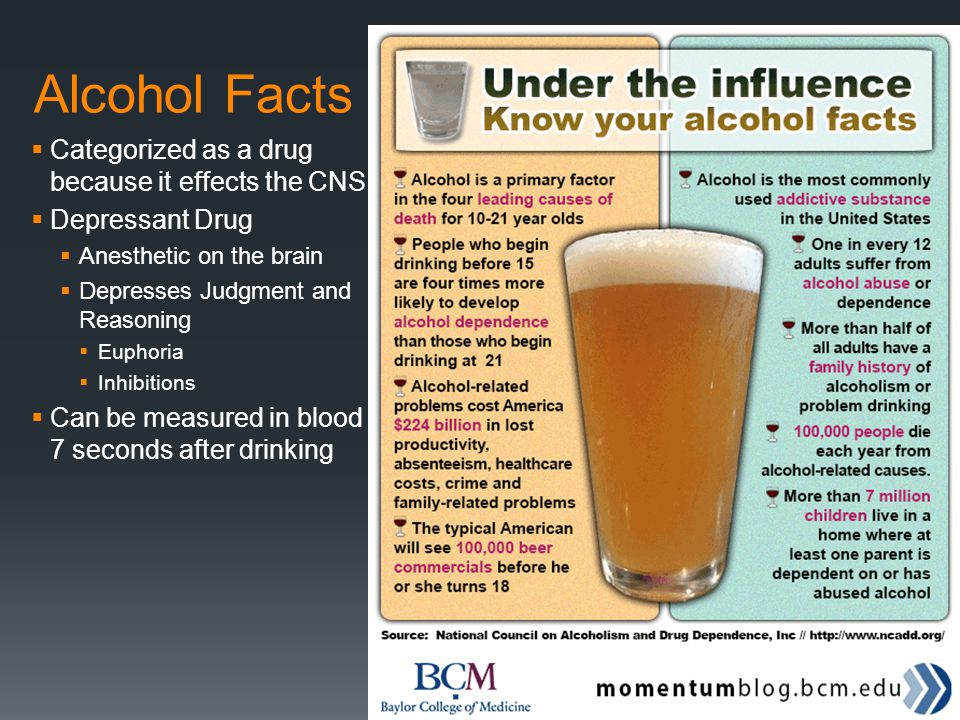 That last part matters, because let’s face it, day drinking is as much a part of the season as sunburn and overdosing on ice cream.
That last part matters, because let’s face it, day drinking is as much a part of the season as sunburn and overdosing on ice cream.
While it’s tempting to approach the year’s most fun activity with chill and spontaneity, drinking minus a plan can mean peaking too early and heading home to take a nap or drinking too fast and getting nauseous.
So if you’re ready to approach getting liquored up with the precision of a chess champion, consider one or all of the following pieces of advice. They range from things you should probably know already if you're a fully functioning adult, to lesser known boozing secrets that could revolutionize your drinking sessions.
Shop our favorite products
Stephen Cheetham
In an ideal world, you’d be aware that the next day would be devoted to drinking and you’d take it easy on the drinks the night before. This is partly common sense, but how much sleep you get is linked to how drunk you'll feel if you drink the following day.
Scott Swartzwelder, Ph.D., a psychiatry professor and coauthor of Buzzed: The Straight Facts about the Most Used and Abused Drugs from Alcohol to Ecstasy, told the New York Post that drinking alcohol (a sedative) when a person is short on sleep can make them feel drunker than they are.
Swartzwelder explained that this is psychological — your blood alcohol concentration isn’t higher when you’re sleepy, but you simply feel more drunk, because alcohol heightens your tiredness and makes you less alert. So if you want to increase your chances of an effortless day drinking session, you’d better get eight hours of sleep first.
Stephen Cheetham
While lining your stomach is an eye-rollingly predictable tip, most people tend to opt for carb-heavy meals, which experts say isn’t necessarily the best option. Thrillist cites some breakfast-friendly foods that could combat the effects of alcohol later: a glass of milk (minus coffee), which according to nutritionist Isabel Maples replaces the potassium “lost with excess urination”; avocado, because the healthy fats are “digested more slowly than carbs”; cereal, because the high fiber content “provides a good buffer for the alcohol and will slow its absorption”; and, of course, eggs, because the presence of amino acids in will “help break down some of the alcohol. ”
”
If you’re also able to order eggs Florentine with salmon at your fancy brunch, do it, because the same article states that the fish boasts “super-high” levels of vitamin B-12 (the same vitamin that alcohol depletes).
Stephen Cheetham
Again, so predictable, right? But this matters, especially when you examine the science of getting drunk. Drinking is all about your BAC, or Blood Alcohol Content. Non-profit organization Aware Awake Alive explains that a “BAC of .10 means that .1% of your bloodstream is composed of alcohol.” They stress that a BAC of .020 is when “light to moderate drinkers begin to feel some effects,” while a BAC of .040 is when “most people begin to feel relaxed” and classify a BAC of .060 as when “judgment is somewhat impaired.”
As such, if you want to feel lightly buzzed without suffering the downsides of drinking, you’re going to want to keep your BAC around .040. One way of doing this is to match every alcoholic drink with a glass of water – this slows down the increase of your BAC (something which is essential if you drink faster than most people).
Professor Oliver James, Head of Clinical Medical Sciences at Newcastle University, told drinkaware.co.uk, “Alcohol is a diuretic, it acts on the kidneys to make you pee out much more than you take in – which is why you need to go to the toilet so often when you drink.” So no, consuming more liquids may not be something you’re desperate to do. But this not only helps keep your BAC at a relatively low level, but also counteracts the dehydrating effects of alcohol, which is especially important when you’re basking in the sun.
Stephen Cheetham
Speaking of which, as the director of Health & Safety at the American Lifeguard Association explained to Mel Magazine, “Sun and alcohol don’t mix. People don’t realize the sun amplifies whatever intoxication you’re experiencing.” Preach. Again, another piece of counterintuitive advice — skip sunbathing and encourage everyone to take as much time as possible in the shade.
Stephen Cheetham
A 2007 Journal of Forensic and Legal Medicine article detailed a study in which researchers at the University of Manchester measured how different types of mixers affected levels of intoxication. They mixed vodka with still water, carbonated water, and also offered it neat. The study found that 14 of the 21 subjects “absorbed the alcohol with a carbonated mixer at a faster rate.”
Another small study showed in 2001 that sparkling wine makes people drunker faster than its bubble-free counterpart. Fran Ridout and a team in the human psychopharmacology unit at the University of Surrey organized a couple of “drinks parties” for volunteers in their department and, without informing the volunteers, Ridout used the parties to test the effects of fizzy versus still wine. Here's what happened, according to New Scientist:
“She gave champagne to 12 volunteers – half drank fizzy champagne and the other half had flat champagne, purged of its bubbles beforehand with a whisk.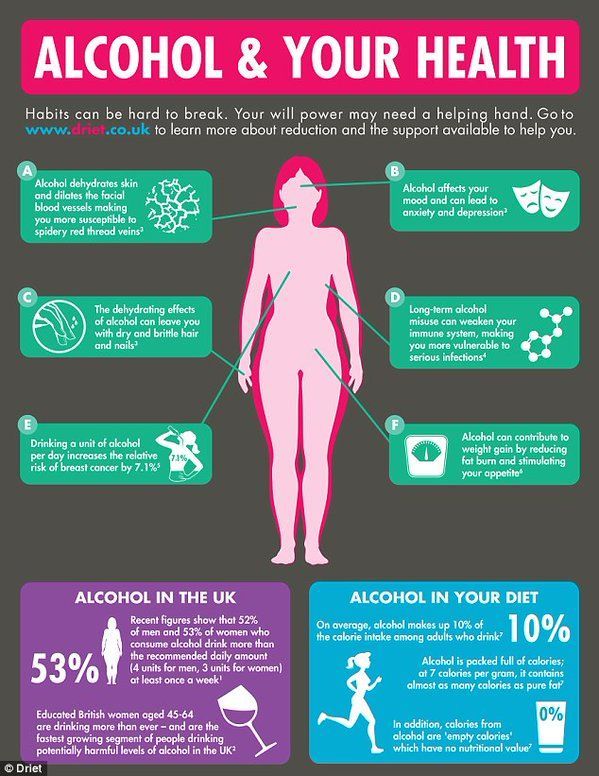 The following week, she repeated the experiment but gave each volunteer the opposite kind of champagne to the previous time. That way, everyone tried both types of wine.
The following week, she repeated the experiment but gave each volunteer the opposite kind of champagne to the previous time. That way, everyone tried both types of wine.
"Each person drank two glasses of champagne per session. Ridout adjusted the exact intakes so that everyone drank the same amount of alcohol per kilogram of body mass. Sure enough, alcohol levels rose much faster among the bubbly drinkers. After just five minutes, they had an average of 0.54 milligrams of alcohol per milliliter of blood. Those drinking flat champagne averaged just 0.39 milligrams of alcohol."
This doesn’t sound like such a big deal until you translate these figures into their practical effects — according to Ridout, the bubbly drinkers were obviously worse off afterwards as she stated “some could hardly write.” These are small-scale studies, so it’s worth exercising a little skepticism, but if you err on the lightweight side of the drinking scale and are planning on a multi-hour drinking session, it could be worth skipping the bubbly stuff — whether coke as a mixer or champagne — for something bubble-free.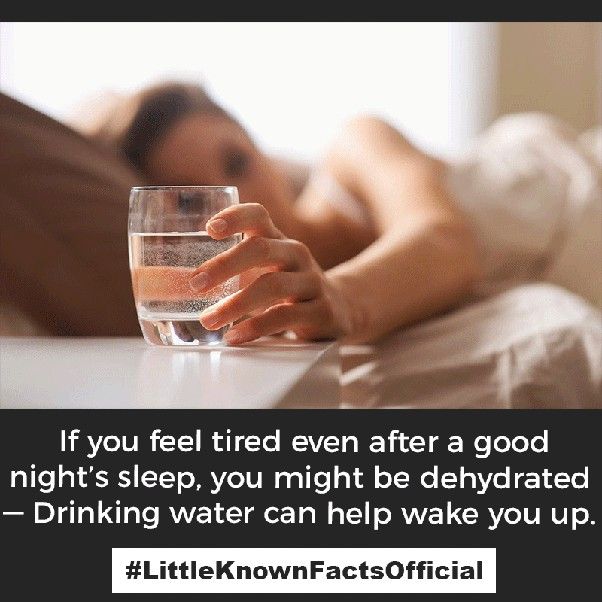
Stephen Cheetham
If you care enough to google how to drink without getting paralytically drunk, one odd piece of advice dominates search results. In 2015, Esquire conducted an interview with the co-founder and chairman of the Boston Beer Company, Jim Koch. Koch had a drinking hack up his sleeve that sounded so much like a piece of dubious health advice doled out by “One Weird Trick” advertorials that the internet was immediately divided into believers and skeptics.
He cites advice developed by the late Joseph Owades, someone who “probably knew more about fermentation and alcohol metabolism than perhaps any man who has ever lived.” Thanks to Owades, Koch consumes “active yeast” by swallowing standard Fleischmann's dry yeast before he drinks, stirring it into yoghurt to take the edge off it. He argues this lessens how drunk a person gets when boozing.
On one hand, the mind boggles: carrying around a six-pack of yoghurts and a bag of yeast doesn’t exactly sound sunny day-compatible (or something you could pull off in front of anyone beyond best friends and family) and besides which, could this really be true?
But on the other hand, Serious Eats conducted some very in-depth analysis of the advice given, and reached a few interesting conclusions.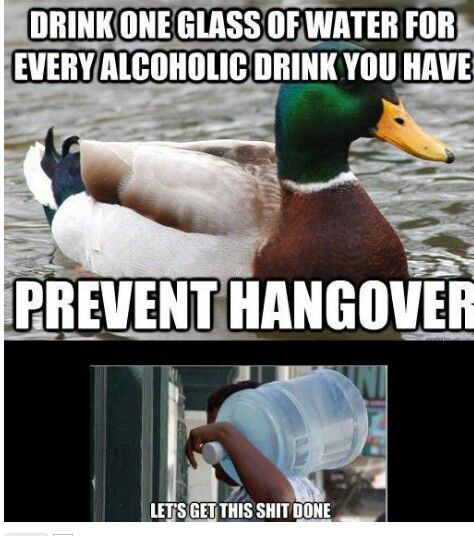 One, if trying this tip, you should use the specific brand of dry yeast recommended, Fleischmann’s. This particular brand contains the yeast strain Saccharomyces cerevisiae, which “contains the ADH enzyme that digests ethanol.” Two, the Serious Eats author concluded it does help decrease alcohol levels. So if you can chug a mouthful of dry yeast without yoghurt, this could be worth employing on your next multi-hour daytime bender.
One, if trying this tip, you should use the specific brand of dry yeast recommended, Fleischmann’s. This particular brand contains the yeast strain Saccharomyces cerevisiae, which “contains the ADH enzyme that digests ethanol.” Two, the Serious Eats author concluded it does help decrease alcohol levels. So if you can chug a mouthful of dry yeast without yoghurt, this could be worth employing on your next multi-hour daytime bender.
Stephen Cheetham
Sometimes the best advice is the most obvious: sticking to drinks with a lower level of alcohol that fill you up (like beer, for example) rather than drinks which are stronger and quicker to consume (cocktails, spirits), especially when alternating with water, is an obvious strategy for pacing yourself. Take breaks from drinking. Eat balanced meals throughout the day.
As Gary Shteyngart’s protagonist in Super Sad True Love Story put it, “We know summer is the height of of being alive.” Daytime drinking is a great part of that — embracing an ambling sort of hedonism that feels like one of the sweetest things a person can do in the year’s sunniest season.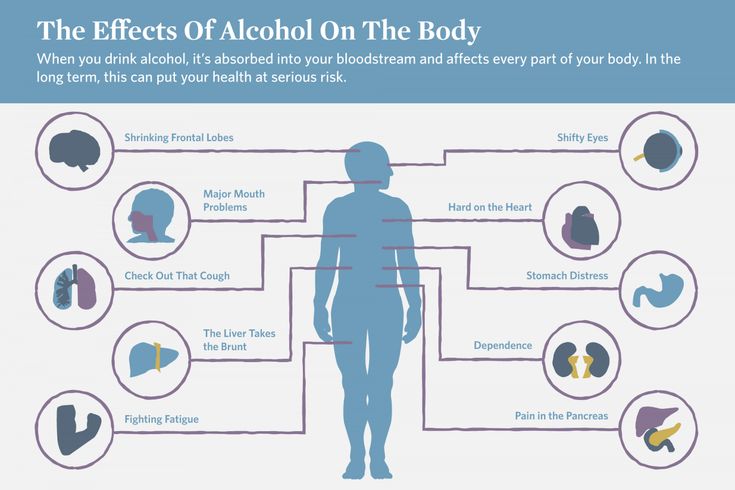 But nobody wants to be that person who’s uncomfortably wasted in broad daylight. So this summer, get lightly buzzed instead.
But nobody wants to be that person who’s uncomfortably wasted in broad daylight. So this summer, get lightly buzzed instead.
Next up: do fitness apps actually do anything?
The text was checked and commented by Nikolai Nazaryev, narcologist, psychiatrist, sexologist, physiotherapist, leading specialist of the Semeynaya clinic network
It takes 8-12 hours to process alcohol and cleanse tissues from it. When the level of ethanol in the blood tends to zero, withdrawal syndrome sets in, commonly referred to as a hangover. After alcohol intoxication, the body needs support. The action of ethanol resembles the effect of diuretics. Alcohol promotes the excretion of fluid from the body through the genitourinary system and respiratory organs.
Advertising on RBC www.adv.rbc.ru
In a state of intoxication, breathing quickens, the liquid is intensively converted into fumes. A protective reaction of the body is triggered, which is trying to remove ethanol. As a result, in an hour or two, a person loses 0.6-1 liter of fluid. Weakness, thirst, dizziness are symptoms that signal tissue dehydration.
Alcohol irritates the stomach lining, causing nausea, abdominal pain and vomiting. The reaction of splitting ethyl alcohol is accompanied by a decrease in glucose levels, loss of vitamins and trace elements. The result is a feeling of weakness, fatigue, a sharp change in mood.
© Ilyuza Mingazova/Unsplash
An intermediate breakdown product of ethanol, acetaldehyde, accelerates the pulse, causes tachycardia and increased sweating. The functions of the nervous system are disturbed, the phase of REM sleep is reduced. If alcoholic drinks were consumed the night before, after waking up in the morning, a person feels exhausted and exhausted.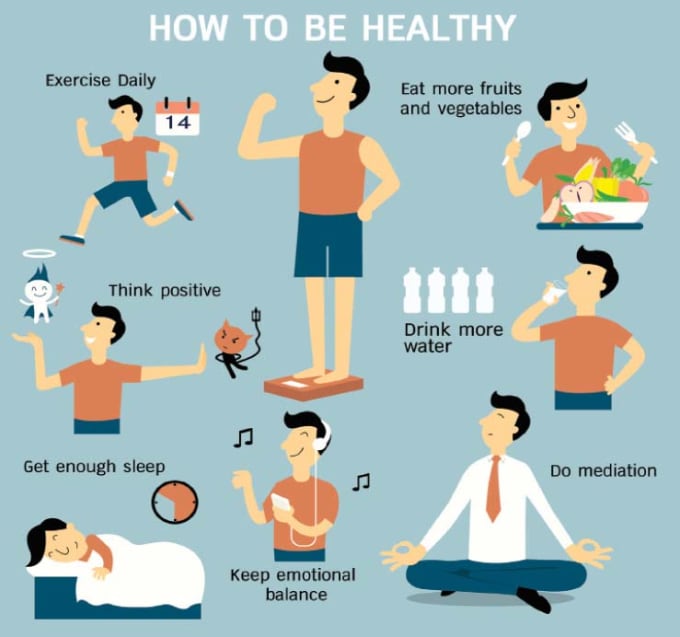
The destruction of brain cells leads to an increase in the volume of cerebrospinal fluid in the skull. Due to an excess of fluid, an unbearable headache occurs.
Hangover is a post-toxic condition associated with alcohol abuse. It occurs a few hours after a party (usually the next day) and is accompanied by unpleasant physical sensations: headache, nausea, sweating, and dry mouth. In addition, a person becomes psychologically ill, because with frequent and excessive use, alcohol becomes a depressant [1].
Doctors do not name the exact causes of a hangover, but several factors can influence its occurrence. Ethyl alcohol is oxidized in the liver, and as a result of decomposition, acetic acid and acetaldehyde appear. The latter is several times more toxic than alcohol itself. In addition, the CYP2E1 enzyme is formed, which produces free radicals and toxins. Hangover symptoms can be aggravated by other ingredients in the drink, such as sugar, tannin, and fusel oils. In addition to the poisoning reaction, a person may suffer from edema caused by dehydration, and hypovolemia - lack of fluid in the vessels.
In addition to the poisoning reaction, a person may suffer from edema caused by dehydration, and hypovolemia - lack of fluid in the vessels.
The acid-base balance is changing, so many people experience nausea when they have a hangover. Excessive alcohol consumption disrupts the balance of chemicals in the blood and causes metabolic acidosis, which is characterized by an increase in acidity [2].
Hangovers can last up to 72 hours after drinking, but in most cases this period is shorter. Much depends on how much was drunk, how much the body is dehydrated. Individual factors are also important: lifestyle, nutrition, gender and weight, liver condition, stomach health, and medications taken that can aggravate the condition [3].
6 reasons to give up alcohol
Getting rid of a hangover means not only stopping the symptoms, but also eliminating the root causes: dehydration and intoxication. It is important to restore the water-salt balance, the level of sugar and oxygen in the blood [4].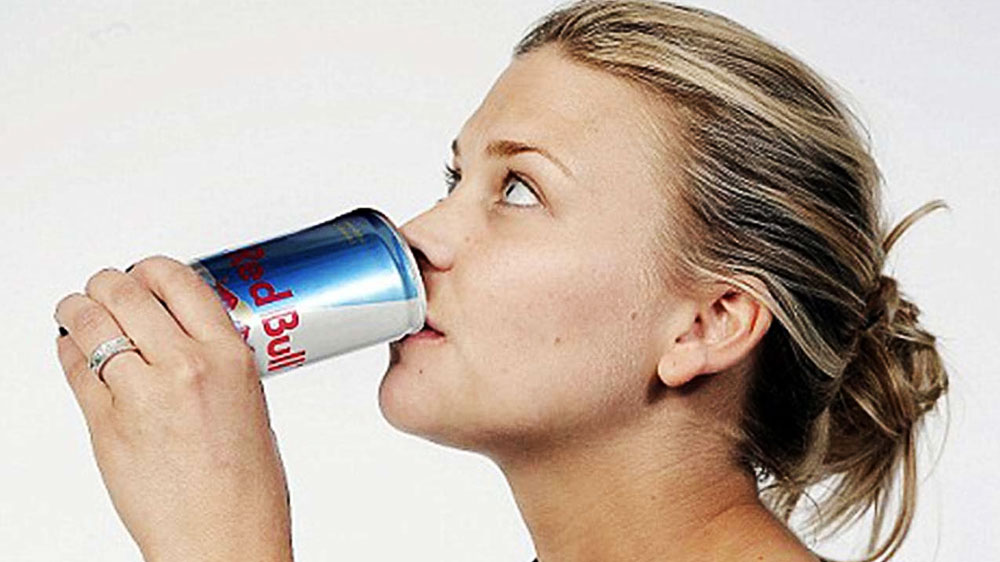 In especially severe cases, you will need the help of a doctor, but with a slight hangover, you can cope on your own with the help of available means.
In especially severe cases, you will need the help of a doctor, but with a slight hangover, you can cope on your own with the help of available means.
© Pixabay
Sometimes a good rest and sleep is enough to give the body time and energy to return to normal functioning. Although alcohol consumption often leads to a deterioration in the quality of sleep, it becomes intermittent and superficial [5]. Prolonged lack of proper rest exacerbates the symptoms of a hangover. Therefore, do not plan to get up early if you have drunk too much. Try to set aside time to rest and sleep as soon as possible. This will avoid headaches, fatigue and irritability that accompany a hangover.
The morning meal is the most important meal of the day. A balanced breakfast energizes and helps get rid of a hangover by maintaining blood sugar levels, coping with weakness and nausea. Some studies also show that maintaining adequate blood sugar levels alleviates the symptoms that come with drinking alcohol by lowering acid levels in the body.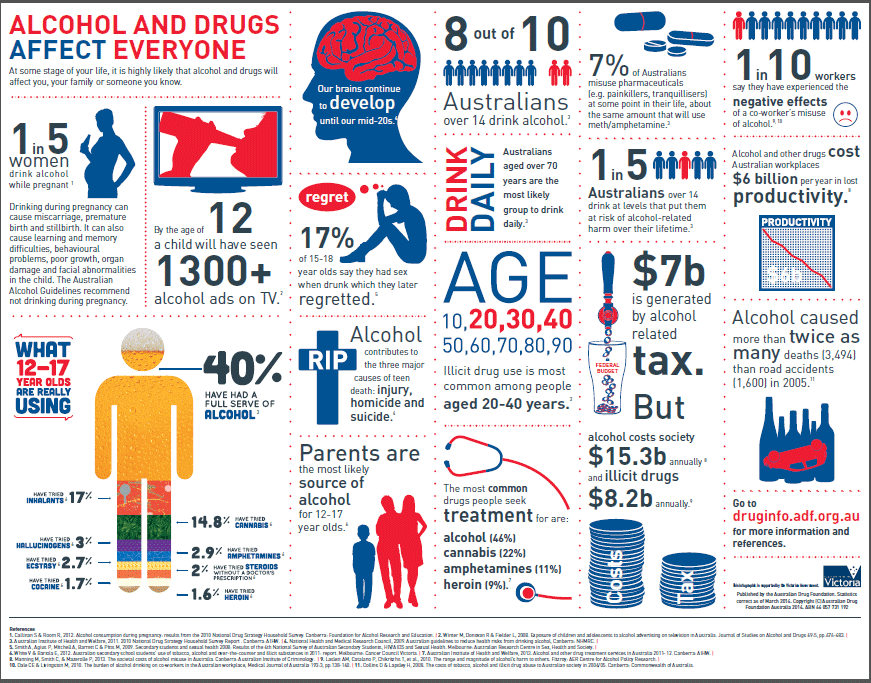 A healthy breakfast can help reduce the effects of a party, especially if it contains important vitamins and minerals. Choose light foods, lean protein, and complex carbohydrates. Suitable cereals, chicken and steamed fish, baked vegetables.
A healthy breakfast can help reduce the effects of a party, especially if it contains important vitamins and minerals. Choose light foods, lean protein, and complex carbohydrates. Suitable cereals, chicken and steamed fish, baked vegetables.
© Jonas Jacobsson/Unsplash
Dehydration, which a person does not notice when drinking alcohol, occurs for several reasons. Alcohol-containing drinks have a diuretic effect, which leads to the loss of fluid and electrolytes necessary for the normal functioning of all body systems [6]. An excess of alcohol often causes nausea and vomiting, which leads to even more fluid loss. Dehydration leads to dizziness, headache and dry mouth, accompanying a person the day after the feast. In order to quickly get back to normal, you need to drink clean water. Keep drinking throughout the day. Adding sugar or honey to your water can also help restore electrolyte levels and reduce hangover symptoms.
Research confirms the benefits of pharmacy supplements for post-alcohol relief. In the first place is red ginseng, which reduces the level of alcohol in the blood [7]. The second is ginger, especially when combined with brown sugar and tangerine extract. Scientists have proven that the drug reduces the symptoms of alcohol intoxication, such as nausea, vomiting and diarrhea [8]. Borage oil and Eleutherococcus extract distinguished themselves by similar effects [9], [ten].
In the first place is red ginseng, which reduces the level of alcohol in the blood [7]. The second is ginger, especially when combined with brown sugar and tangerine extract. Scientists have proven that the drug reduces the symptoms of alcohol intoxication, such as nausea, vomiting and diarrhea [8]. Borage oil and Eleutherococcus extract distinguished themselves by similar effects [9], [ten].
Doctors do not agree with the conventional wisdom that sorbents accelerate the removal of alcohol breakdown products from the body. Narcologist Nikolai Nazaryev says: “It’s too late to use activated charcoal for a hangover. A hangover is a poisoning by metabolic products when the substances have already been absorbed. It also makes no sense to drink coal in advance: the ethanol molecule is very small, it will make its way everywhere.” However, sorbents will not be superfluous if you suspect that you have food poisoning, in addition to a hangover.
If you have a severe headache, there is no point in enduring it - take a pill.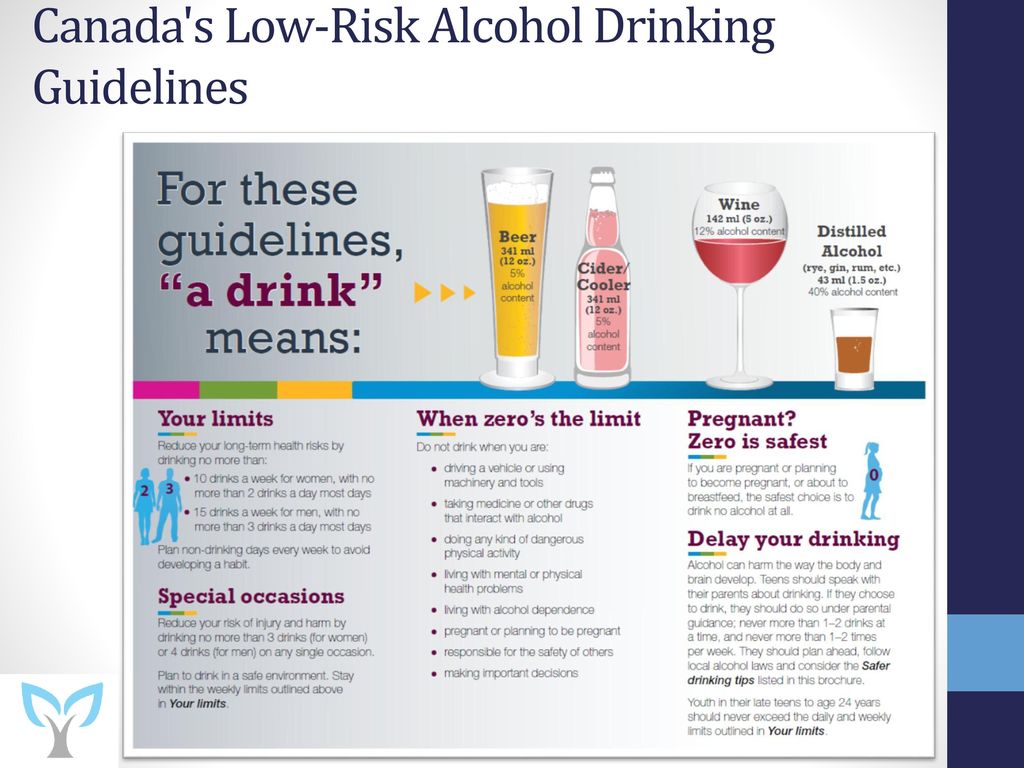 Although the common ibuprofen-based drugstores have a negative effect on the liver and gastrointestinal tract, at least you will be able to collect your thoughts and not spend all day in bed. Choose medicines that are known to you and prescribed by a therapist, because new drugs can give an unpredictable reaction of the body and worsen the condition.
Although the common ibuprofen-based drugstores have a negative effect on the liver and gastrointestinal tract, at least you will be able to collect your thoughts and not spend all day in bed. Choose medicines that are known to you and prescribed by a therapist, because new drugs can give an unpredictable reaction of the body and worsen the condition.
Oxygen is the driver of all metabolic processes in the body. Fresh air helps to quickly remove decay products from the blood through breathing, and the condition gradually returns to normal. If it is not possible to pack up and go for a short walk, open the windows and ventilate the room well.
© Pexels
Alcohol causes oxidative stress, causing the body to produce free radicals. Some foods that contain antioxidants can help fight them, including berries, spinach, carrots, nuts and seeds, and black and green tea. Keep in mind that this is only a help to maintain the body's performance, and not a medicine that will instantly relieve symptoms.
If simple remedies don't work and you feel really bad, seek help from specialists. It is especially important to do this if there is pain in the stomach, chest or sides, an increase in heart rate, temperature and pressure drop, frequent vomiting and confusion are present. In severe cases, proper treatment with the introduction of drugs through a dropper will be required.
What alcohol does to the body after 40 years
It is important not only to get rid of a hangover, but also not to aggravate it with improper treatment. For some people, it causes an uncontrollable feeling of hunger against the backdrop of poor physical and emotional well-being, which makes them want to eat more junk food. The first thing to give up is heavy fatty foods. The fact is that alcohol is broken down by the same metabolic pathway as fat. The load on the liver is enormous, and a piece of pizza or french fries will slow down the process of removing toxins [11].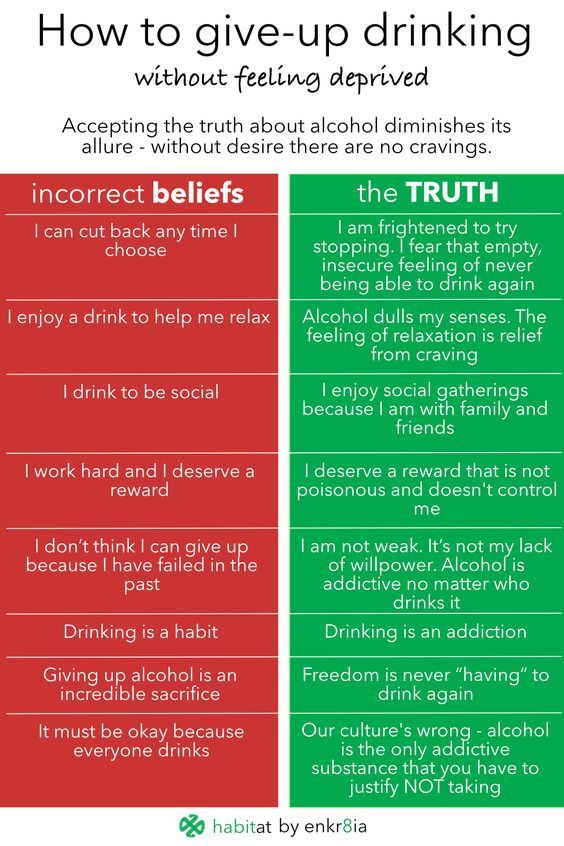 Try to maintain a healthy balance of proteins, fats and carbohydrates to restore blood sugar levels.
Try to maintain a healthy balance of proteins, fats and carbohydrates to restore blood sugar levels.
© Unsplash
There are tips on the internet to deal with a hangover through "occupational therapy". But there is no scientific evidence that physical activity relieves unpleasant symptoms. Moreover, high activity can be harmful, as the body is already exhausted and has to spend a lot of energy to fight the consequences of drinking alcohol. The only plus of physical activity is better blood supply and the ability to escape from unpleasant sensations. Therefore, you can arrange a leisurely cleaning of the apartment or revision in the closet, but do not overdo it.
Narcologist assessed the effect of alcohol on patients with COVID-19
Nikolai Nazaryev, narcologist, psychiatrist, sexologist, physiotherapist, leading specialist of the Semeynaya clinic network
and violation of the water-salt balance in the body. Alcohol is an inhibitor of the hormone vasopressin, the concentration of which decreases sharply after drinking alcohol-containing drinks.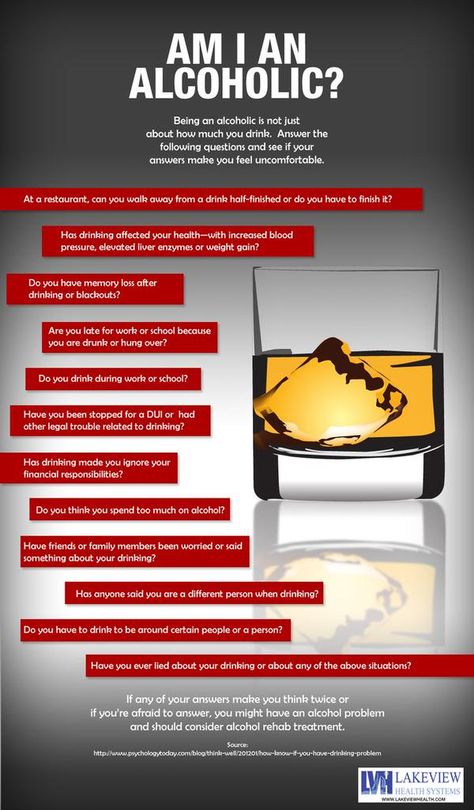 The functions of vasopressin are related to the retention of water in the body and constriction of blood vessels.
The functions of vasopressin are related to the retention of water in the body and constriction of blood vessels.
The body tissues swell while there is a lack of water in the bloodstream. The blood becomes viscous. Its volumes are reduced. Why is it better to drink cucumber pickle for a hangover instead of plain water? Water reduces the osmotic pressure of blood plasma. Osmotic pressure is affected by the concentration of salts and solutes. Osmoreceptors respond to the influx of water. They signal to the brain that excess fluid has appeared in the tissues, which needs to be disposed of.
Brine is a liquid that is formed in the process of ripening, salting, and soaking vegetables. The main components of the solution are salt, water, seasonings and spices. During the preparation of the brine, as a result of the fermentation of the liquid, lactic and natural acetic acids are formed. The solution is saturated with potassium, sodium and magnesium ions, vitamin C, essential oils, copper compounds, extractives that are released from spices.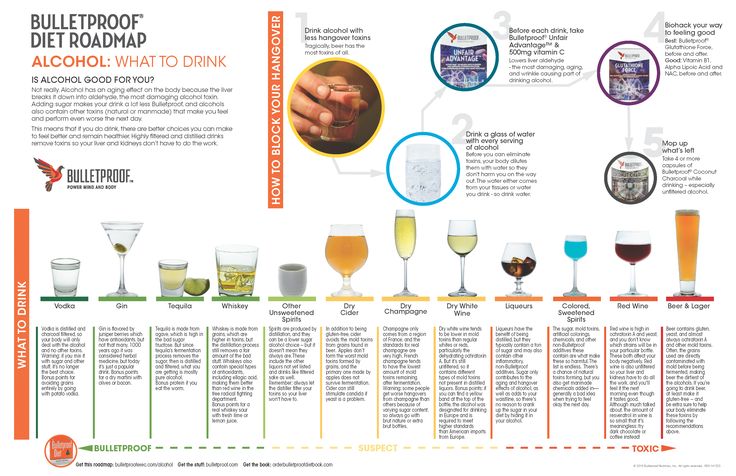 A glass of sour-salty drink is the first step towards improving the functioning of organs and systems. Then you can replenish moisture with mineral water, natural fruit drinks and juices without added sugar, green, ginger-mint tea and other unsweetened drinks.
A glass of sour-salty drink is the first step towards improving the functioning of organs and systems. Then you can replenish moisture with mineral water, natural fruit drinks and juices without added sugar, green, ginger-mint tea and other unsweetened drinks.
As an alternative, fermented milk products can be used, which are also rich in microelements and vitamins and minimize the poisoning effect of toxic substances. Also, hot rich meat and fish soups, such as kharcho, khash, solyanka or the same notorious chicken broth, are traditionally considered an excellent way to relieve a hangover. It is assumed that if you eat any of the above, the hangover will pass.
Khash and fish broth, jelly or fish aspic will really help, because they contain a huge amount of glycine, which helps to neutralize the extremely poisonous acetaldehyde formed during the breakdown of alcohol and helps the nervous system cope with the unpleasant consequences of alcohol abuse. Just a fat soup will not give such an effect.
Be careful with spicy hot dishes — of course, they can “shake up” a hangover, but be careful: a stomach tired of alcohol may not be delighted. Important: do not eat even super-healthy, centuries-old hash until your body wants to eat on its own - take pity on the liver.
One of the first symptoms of a hangover is dehydration. You need fluid to flush out toxins from your body. If you don’t feel like eating yet, but only want to drink, drink as much as possible. Just water, mineral water, freshly squeezed juices (citrus fruits are best) and tea.
Citrus juice (orange, grapefruit, lemon) contains a huge amount of vitamin C, which the body actively needs after alcohol abuse. Of course, you should not drink freshly squeezed lemon juice, but you can mix it with warm water or mineral water, add sugar or honey to taste (if there is no allergy).
Researchers have found that honey is extremely useful for alcohol intoxication, because it contains trace elements, redox enzymes, organic acids that improve metabolism, and fructose, which calms the nervous system.
Hangover tea is preferable to green tea - it contains antioxidants necessary to speed up metabolism and eliminate toxins. Also, green tea is rich in potassium, which, like vitamin C, is washed out of the body under the influence of alcohol, and its deficiency leads to high blood pressure, arrhythmia and rapid heart rate. Peppermint tea (you can use the usual filter bags from a pharmacy) calms the nervous system and reduces the anxiety that often accompanies a hangover.
Refrain from going to the bathhouse. Heat creates an additional load on the heart, and a dehydrated body will lose many times more moisture. You can't swim. This is dangerous: due to excess ethanol, antidiuretic hormone does not produce potassium and magnesium, which leads to convulsions. Better not to drink coffee. It increases the heart's need for oxygen. Refrain from sex. Extra stress on the heart is useless. Narcologists do not recommend taking aspirin for a hangover. This drug can cause inflammation of the lining of the stomach and in some cases cause bleeding.
Do not take paracetamol. It's dangerous for the liver. Attention: modern "citramones" also contain paracetamol, so do not try to treat a headache with citramone. Do not take corvalol, valocordin and valoserdin for a hangover. They contain phenobarbital, which is incompatible with alcohol, and in itself is far from safe: it can cause delirium worse than alcohol, up to coma.
© Pexels
To ensure that the day after meeting friends does not fall out of your life, take preventive measures the day before. Even if you do not intend to completely give up drinking, adhere to the following rules:
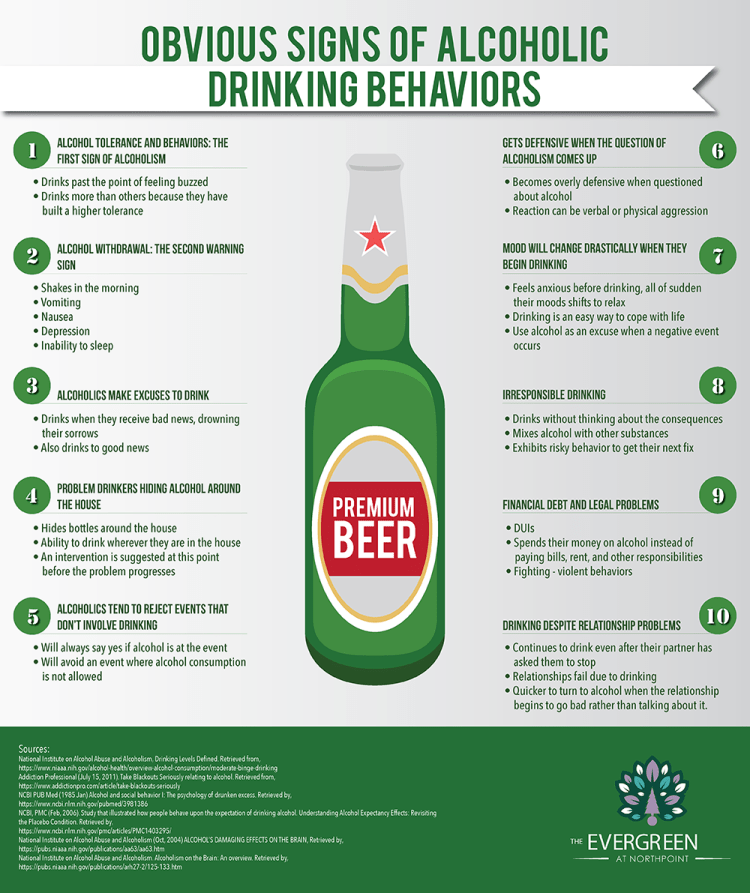
Stories of avoiding alcohol, cigarettes, sugar and lack of sleep.
Sign up for our Newsletter “Context”: it will help you understand the events.
Image copyright Getty
Why don't some people get hangovers the morning after a wild party? We asked this question to a person who knows the answer to it.
We've all met people who seem to be able to drink whatever they want without suffering a hangover afterwards.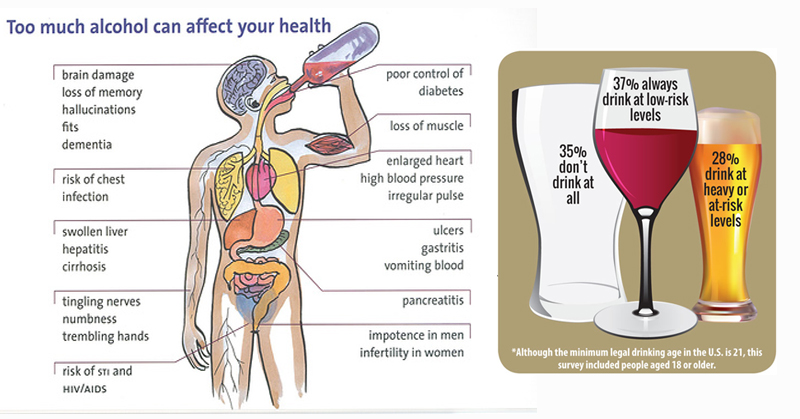 Other participants of the party lie in a bed the next morning, these same ones wake up cheerful and fresh, as if nothing had happened. You might think that yesterday they drank not whiskey, but smoothies.
Other participants of the party lie in a bed the next morning, these same ones wake up cheerful and fresh, as if nothing had happened. You might think that yesterday they drank not whiskey, but smoothies.
Such "immunity" to hangovers is much more common than one might think. According to recent studies, almost one in five of us manage to avoid the morning punishment for drinking the day before, even if we drank a lot.
What is the secret - in good heredity, the right choice of drinks or in some kind of magical remedy that helps relieve hangover symptoms?
(More BBC Future articles in Russian)
Only five years ago, most scientists preferred to avoid this topic.
"Hangovers are widely believed to be a natural deterrent to people avoiding excessive drinking, so the scientific consensus was to keep the issue under wraps," says Richard Stevens of Keele University in the UK.
As a result, we have a large array of folklore, practically not supported by scientific calculations.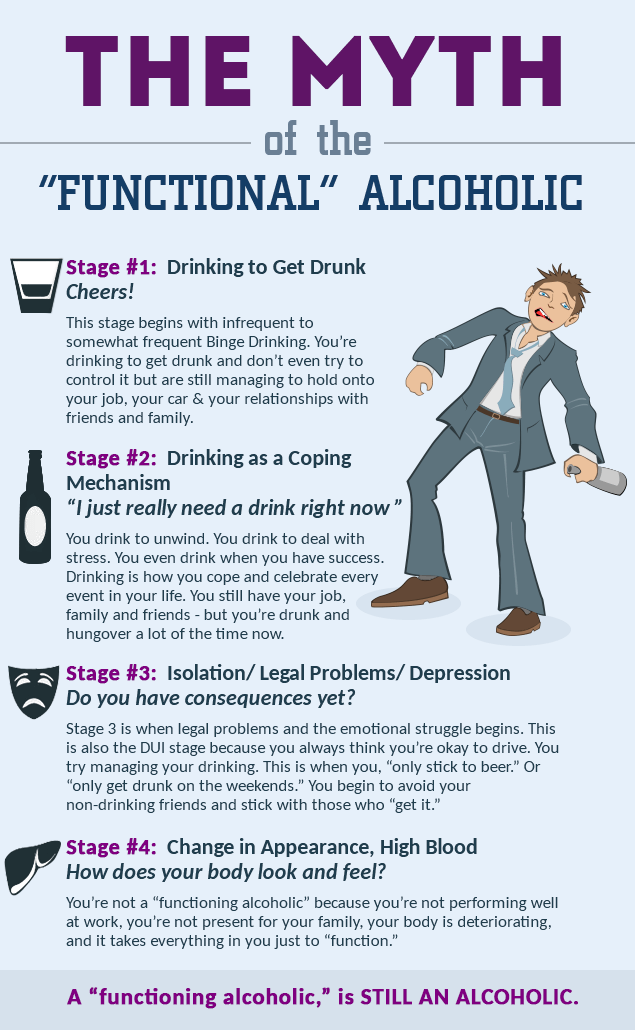 However, Stevens, who is part of the alcohol hangover study group, hopes to remedy the situation.
However, Stevens, who is part of the alcohol hangover study group, hopes to remedy the situation.
To begin with, even the causes of hangovers are not exactly known. Until recently, dehydration was blamed for the occurrence of this unpleasant syndrome - with the use of ethanol, urine production increases, as a result of which the body loses a lot of fluid.
Image copyright, Getty
Image caption,The fermentation process produces toxic by-products that give alcoholic beverages their characteristic color
However, current evidence suggests that dehydration is only one cause of hangovers, and not the main one. Most likely, the point is that it is we who drink.
In the process of fermentation, along with alcohol, toxic by-products, the so-called congeners, are formed, which, when ingested, lead to mild poisoning.
Congeners often give the drink a dark color - it is believed that this is why the hangover from whiskey is stronger than from crystal clear, clear vodka.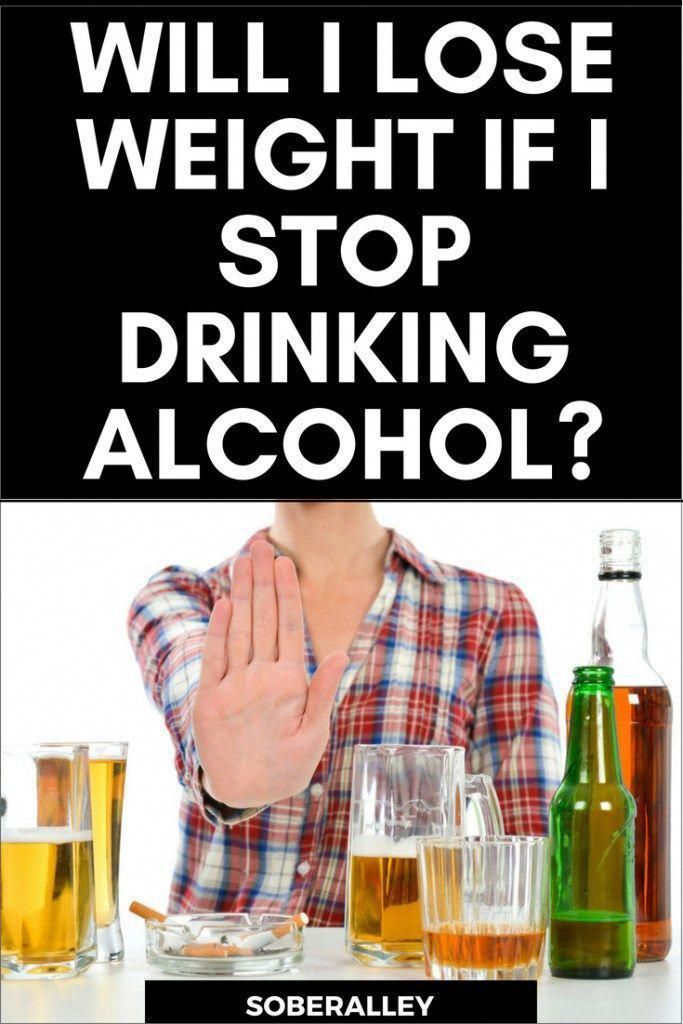 (It is also possible that this is the reason why mixing different alcoholic drinks is not recommended - the more types of alcohol you try in an evening, the more different types of congeners will enter your body).
(It is also possible that this is the reason why mixing different alcoholic drinks is not recommended - the more types of alcohol you try in an evening, the more different types of congeners will enter your body).
A few hours after ingestion, ethanol is converted in the liver to acetaldehyde, which is subsequently converted to acetic acid.
Skip the Podcast and continue reading.
Podcast
What was that?
We quickly, simply and clearly explain what happened, why it's important and what's next.
episodes
End of Story Podcast
These metabolic products are somewhat toxic - they cause nausea, sweating and heart palpitations. Ethanol and congeners also take a toll on the immune system, causing inflammation.
"When you have a severe hangover, you feel like your entire body is swollen, the result of inflammation," Stevens says. Inflammatory processes occurring in the brain cause headaches.
Inflammatory processes occurring in the brain cause headaches.
Combined with low blood sugar and lack of sleep, this can lead not only to physical discomfort, but also to apathy and bad mood.
At least that's how it is with most of us. One of the biggest mysteries facing Stevens and other researchers is why about 23% of people say they don't get hangovers even after heavy drinking.
Perhaps it's in the genes - studies of twins point to the possibility that immunity to hangovers is inherited.
Scientists even managed to find in such people several genes that, apparently, are responsible for the removal of ethanol and its decay products from the blood, and also alleviate the inflammatory processes caused by alcohol poisoning.
Image copyright, Getty
Image caption,Neurotic people may experience worse hangovers than more balanced people
Curiously, the intensity of hangovers can also depend on certain personality traits—according to one study, neurotics tend to tolerate hangovers worse than people who are more unflappable.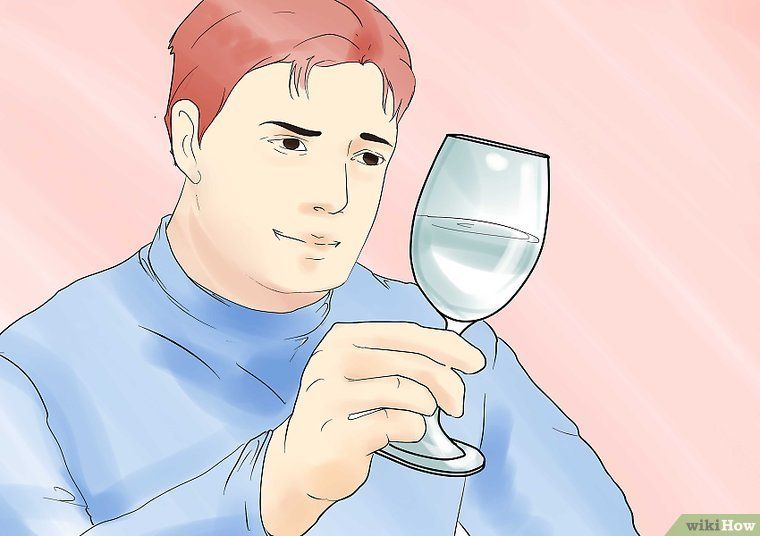
This does not necessarily mean that they are inventing or exaggerating unpleasant sensations - it is simply that emotions are known to influence painful experiences, so guilt and anxiety can exacerbate physical symptoms.
Although genetics may play a role in some people's cases, Stevens still believes that for the majority, the absence of a hangover in the morning is due to the fact that they drink wisely.
"Perhaps it's all about moderate drinking," he comments on the results of a recent survey, in which participants were asked to count the amount of alcohol they drank in the last month, as well as to report how severe hangover symptoms they experience.
Researchers concluded that, given a similar amount of drinking per month, about 80% of participants who claimed never to have a hangover drank in such a way that their blood alcohol concentration never exceeded 0.1%.
Through his own research, Stevens seeks to dispel some of the most popular myths about alcohol, including the common belief that hangovers get worse with age.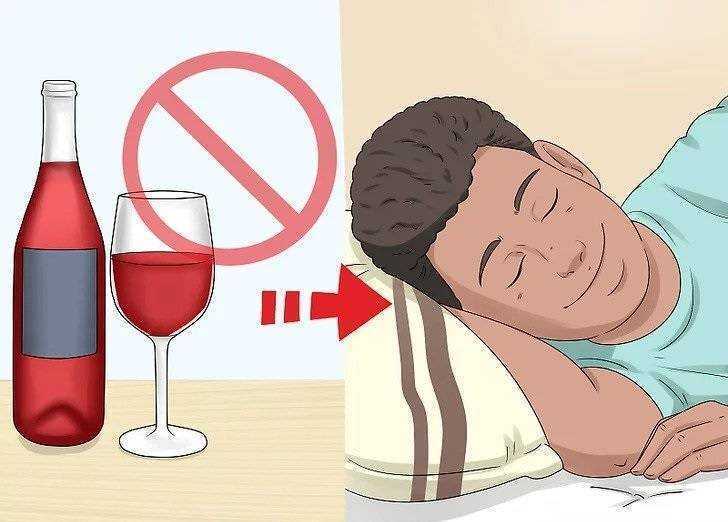
"It's very common to hear that the older a person is, the worse they have the morning after a party, but this statement is not scientifically confirmed," he says. "Hangovers are mostly a problem of young age."
In one recent study, scientists concluded that 20-year-olds are about 7 times more likely to suffer a hangover after a heavy drinking session than 60-year-olds. Stevens believes that in this case, the measured pace of alcohol consumption is also an important factor.
"Also, as people get older, they become aware of which drinks give them hangovers and avoid them," he says.
As for folk remedies for dealing with hangovers, Stevens' attitude towards them may not surprise you.
Image copyright, Getty
Image caption,Fried foods raise blood sugar levels, thereby relieving fatigue
According to him, there is no scientific evidence for the healing properties of ingenious mixtures like the famous Prairie Oyster (vinegar cocktail) , Worcestershire sauce, and a raw egg) described by Pelham Greenville Wodehouse in Jeeves and Wooster.
Most likely, due to the spicy taste, such "drugs" simply distract attention from the symptoms of a hangover, and also have a kind of placebo effect.
Drinking plenty of water is also not an option, since dehydration is not the main cause of a hangover.
"The best way to avoid a hangover is to drink in moderation," recalls Stevens. Well, if it's too late for such advice, then - "an ibuprofen tablet for a headache and a portion of something fatty and fried to increase blood glucose levels."
Who knows - maybe sooner or later scientists will find a wonderful hangover cure. In recent years, there have been several clinical trials of drugs that doctors believe can combat the unpleasant consequences of excessive alcohol consumption, and even some success has been achieved.
Image copyright, Getty
Image caption,Hangover cures sometimes come from unexpected places (opuntia fruit is pictured)
Some of these drugs come from the most unlikely sources. So, about 10 years ago, scientists discovered that an extract of prickly pear (a plant of the cactus family) seemed to mitigate the effects of poisoning from congeners found in whiskey and other dark alcoholic beverages, as well as alleviate the symptoms of inflammation - although laboratory studies have not yet been carried out. research to confirm or refute this claim.
So, about 10 years ago, scientists discovered that an extract of prickly pear (a plant of the cactus family) seemed to mitigate the effects of poisoning from congeners found in whiskey and other dark alcoholic beverages, as well as alleviate the symptoms of inflammation - although laboratory studies have not yet been carried out. research to confirm or refute this claim.
If you feel really bad, try eating the "edible stink bug" (Encosternum delegorguei) - if you can find it, of course.
Despite the rather unappetizing name, in Malawi these insects are considered a delicacy, and the local population firmly believes in their ability to cure hangovers.
(But the bug needs to be cooked properly to get rid of the bad taste - according to one local, if you eat it raw, you will lose your sense of taste for a whole month.)
Scientists have already begun to study the nutritional properties of the stink bug; I wonder if his reputation will be confirmed in clinical trials.